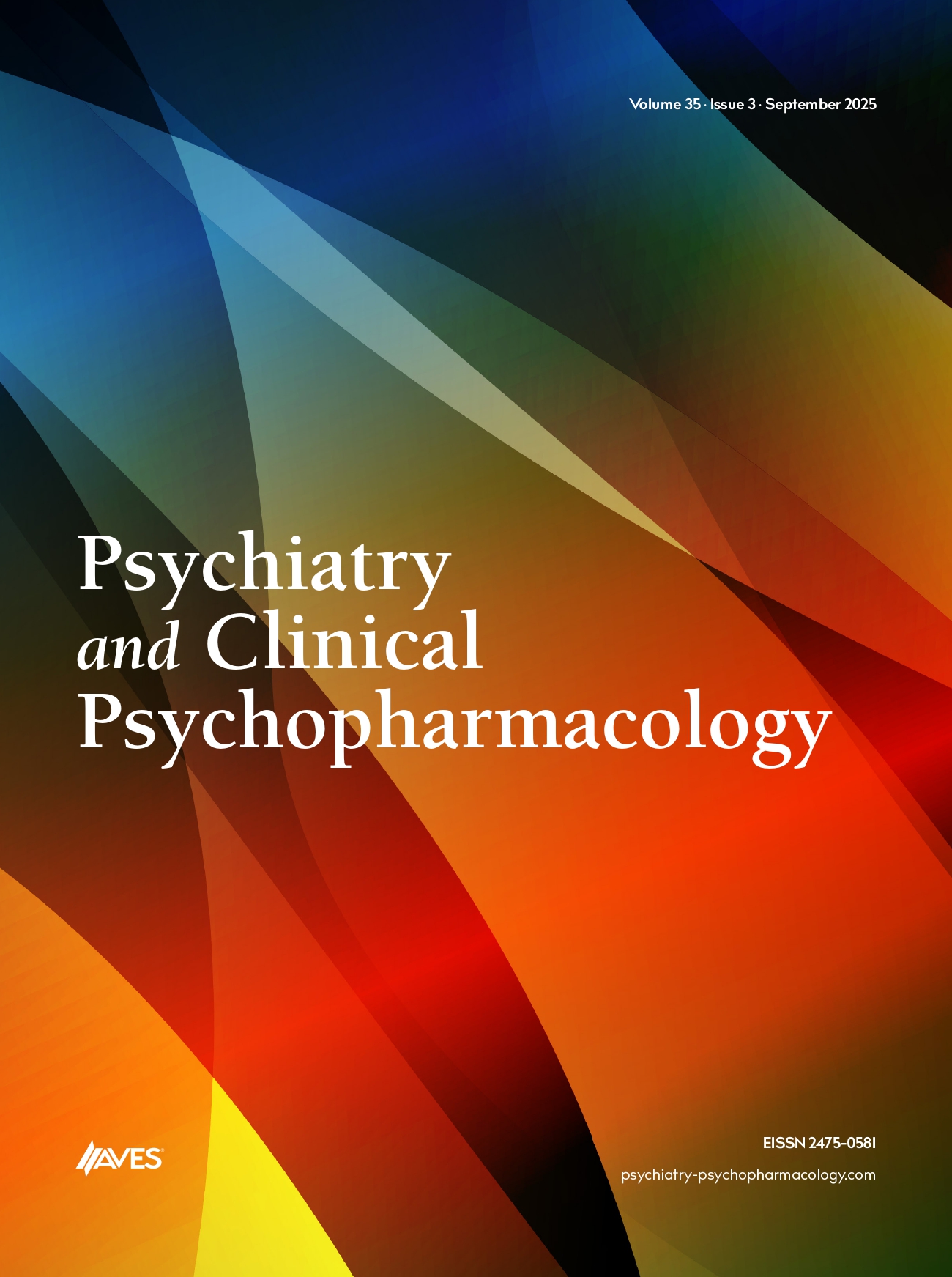Despite their widespread use, clinically significant benefits of antidepressants have not been demonstrated for most of the patients to whom they are prescribed. Meta-analyses of complete data sets consistently show a drug-placebo difference in improvement on the Hamilton Rating Scale for Depression (HAMD) of approximately two points, which is well below the 3-point difference set by the National Institute for Health and Clinical Excellence (NICE) as a criterion of clinical significance (1).
Drug placebo differences increase with increasing severity of depression, but reach clinical significance only for 10% of the patients to whom they are prescribed (2). Defenders of antidepressants claim that depression scores are inşated by researchers who are anxious to qualify patients for clinical trials. To the extent that this is true, it compromises the clinical trial data leading to drug approval, but even if these trials are discarded, the absence of negative evidence does not constitute positive evidence of effectiveness.
Discontinuation studies show a relapse rate of approximately 50% when patients are switched to placebo. However, approximately half of the relapses may be due to prior administration of the active agent. In extension trials, in which responders are kept on placebo, the relapse rate is only 25% (3). These data suggest that antidepressants might induce a biological vulnerability to relapse. Consistent with this hypothesis, a meta-analysis of tryptophan depletion studies indicates that the risk of becoming depressed after acute lowering of serotonin levels is greatest between three and six months after discontinuation of an antidepressant (4). It is also consistent with the results of the STAR-D trial, which was designed to be more representative than typical clinical trials of what happens in clinical practice. Following successful treatment in the STAR-D trial, 93% of patients either relapsed or dropped out of the trial within a year (5). Taken together, these data suggest that in the long run, rather than helping depressed people, antidepressants may make them worse.
References:
1. Kirsch I, Deacon BJ, Huedo-Medina TB, Scoboria A, Moore TJ, Johnson BT. Initial severity and antidepressant benefits: A meta-analysis of data submitted to the Food and Drug Administration. PLoS Medicine [serial on the Internet]. 2008; 5(2): Available from: http://medicine.plosjournals.org/perlserv/?request=get-document&doi=10.1371/journal.pmed.0050045.
2. Fournier JC, DeRubeis RJ, Hollon SD, Dimidjian S, Amsterdam JD, Shelton RC, Fawcett J. Antidepressant Drug Effects and Depression Severity: A Patient-Level Meta-analysis. Journal of the American Medical Association2010;303(1):47-53.
3. Andrews P, Kornstein S, Halberstadt L, Gardner C, Neale MC. Blue again: Perturbational effects of antidepressants suggest monoaminergic homeostasis in major depression. Frontiers in Psychology. [Original Research]. 2011;2.
4. Ruhé HG, Mason NS, Schene AH. Mood is indirectly related to serotonin, norepinephrine and dopamine levels in humans: a meta-analysis of monoamine depletion studies. Molecular Psychiatry2007;12:331-59.
5. Pigott HE, Leventhal AM, Alter GS, Boren JJ. Efficacy and Effectiveness of Antidepressants: Current Status of Research Psychotherapy and Psychosomatics2010;70:267-79.


.png)
.png)